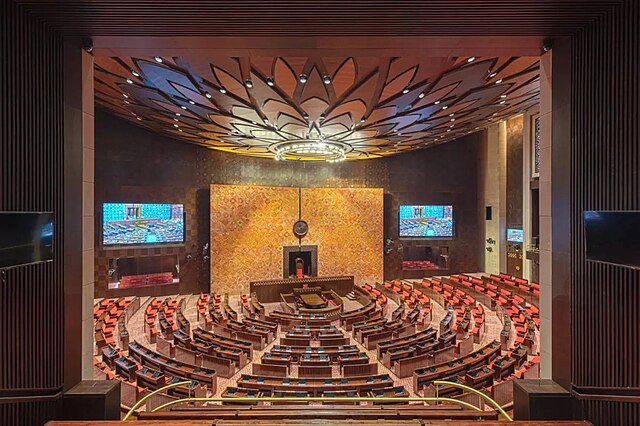Infinite photos and videos for every Wiki article ·
Find something interesting to watch in seconds
Celebrities
History by Country
Animals
Crown Jewels
Presidents
Wonders of Nature
Best Campuses
Countries of the World
Largest Empires
Great Museums
Wars and Battles
British Monarchs
Orders and Medals
Ancient Marvels
Supercars
Great Cities
Famous Castles
Rare Coins
Tallest Buildings
Largest Palaces
World Banknotes
Richest US Counties
Recovered Treasures
Great Artists
Kings of France
Sports
more top lists






